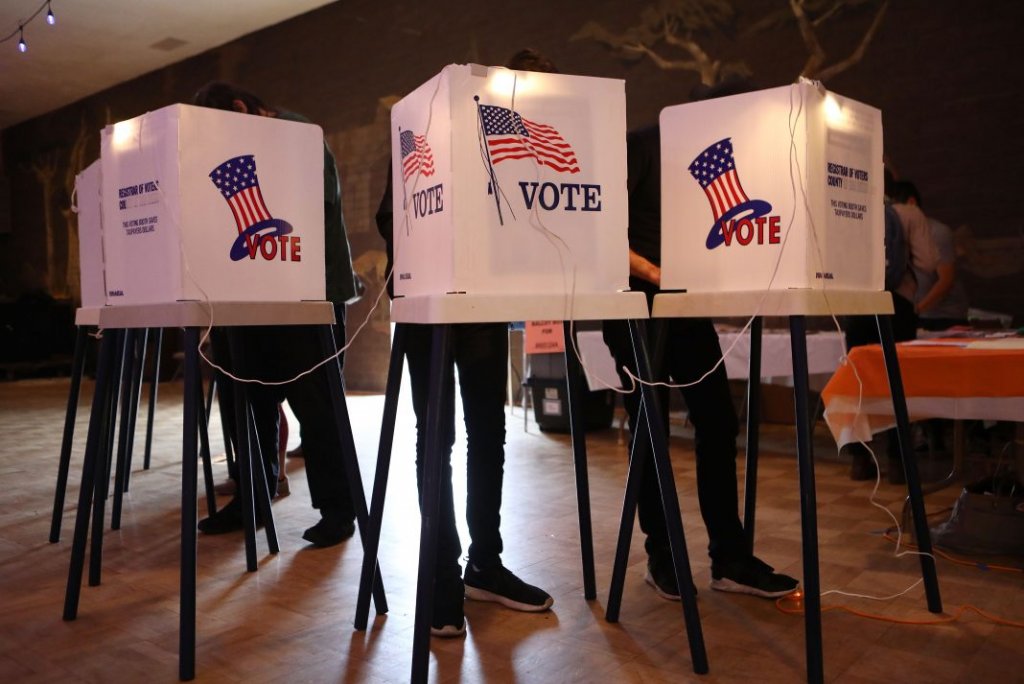
Pennsylvania Capital-Star
According to its About page, "The Pennsylvania Capital-Star is a nonpartisan, nonprofit news site dedicated to honest and aggressive coverage of state government, politics and policy. The Capital-Star is part of States Newsroom, a national 501(c)(3) nonprofit supported by grants and a coalition of donors and readers."
States Newsroom runs several state-based news organizations across the U.S. An independent review of Capital-Star in March 2022 conducted by AllSides Managing Editor Henry A. Brechter (Center bias) noted a slight bias to the right, with consistently positive framing of Republicans and focus on conservative issues like school choice and replealing Obamacare.
Hand marked paper ballots that are electronically scanned and stored for future review are the basis of a resilient and trustworthy election system, cybersecurity and election integrity experts told Pennsylvania Senate lawmakers on Monday.
They urged members of the Senate State Government Committee to move Pennsylvania away from the use of electronic ballot marking devices, such as the touchscreen voting machines used by the state’s most populous county, Philadelphia, and in Northampton County, where errors involving the machines have twice raised questions about their accuracy.
“Election security requires considering a wide range of threats to elections, from simple rainstorms to sophisticated adversaries,” said Kevin Skoglund, president and chief technologist for Citizens for Better Elections, a non-partisan group based in Pennsylvania. “With so many types of threats it may be surprising to learn that the majority of the security risks can be mitigated through two measures: resilience planning, and evidence based elections.”
Paper ballots accurately record the voters’ choices in a way that can be preserved and secured against tampering with a rigorous chain of custody to serve as evidence that the results of an election reflect the intent of voters, Skoglund said.
While all of Pennsylvania’s counties have replaced outdated paperless voting machines, 20 still use electronic ballot marking devices which are susceptible to programming errors or, potentially, hacking, which could result in the votes recorded not reflecting the voters’ intent, Skoglund said.
Questioned by Sen. Anthony Williams (D-Philadelphia), Skoglund and two computer science professors who testified Monday, Andrew Appel of Princeton University and Alec Yasinsac of the University of South Alabama, said despite their warnings of vulnerabilities, there is no evidence to call past elections into question. Both Appel and Yasinac said they were not speaking on behalf of their institutions.
“I’m not aware of any strong or proven evidence of any previous ballot changing,” Yasinsac said, adding “I am comfortable with the election machines in past elections.”










